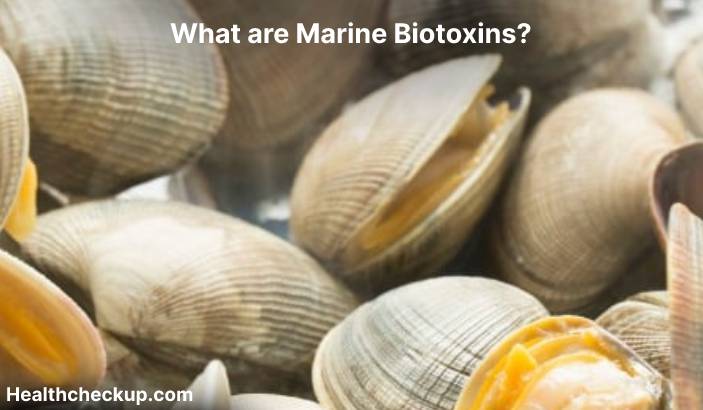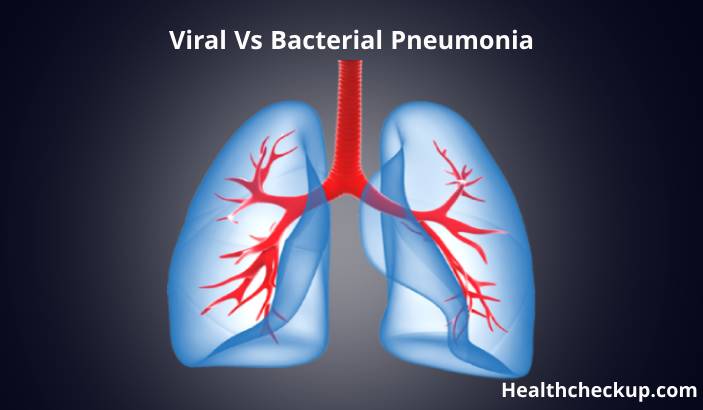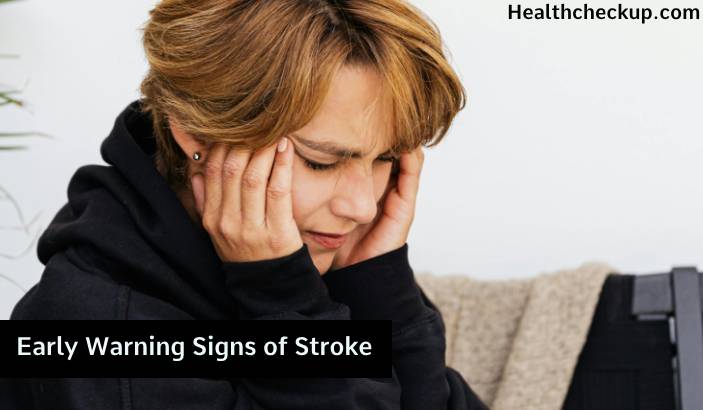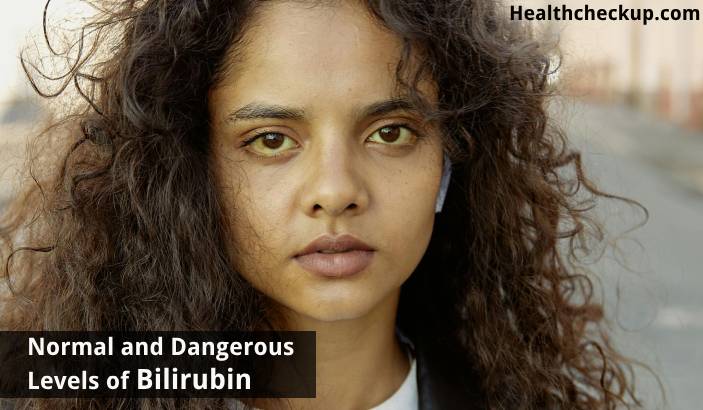Marine biotoxins are harmful substances produced by certain types of marine algae, bacteria, and other organisms. These toxins can accumulate in shellfish, finfish, and other marine life and can be harmful to humans when consumed.
There are several types of marine biotoxins, including:
- Ciguatera: Ciguatera is a toxin produced by a type of marine algae called Gambierdiscus toxicus. It can accumulate in certain species of tropical and subtropical fish, such as barracuda, red snapper, and grouper. Symptoms of ciguatera poisoning can include nausea, vomiting, diarrhea, abdominal pain, and neurological symptoms such as numbness, tingling, and dizziness.
- Shellfish toxins: Shellfish toxins are produced by certain types of marine algae, such as Dinophysis and Alexandrium. They can accumulate in shellfish, including mussels, clams, oysters, and scallops. There are several types of shellfish toxins, including paralytic shellfish poisoning (PSP), amnesic shellfish poisoning (ASP), diarrhetic shellfish poisoning (DSP), and neurotoxic shellfish poisoning (NSP). Symptoms of shellfish poisoning can vary depending on the type of toxin, but may include nausea, vomiting, diarrhea, abdominal pain, and neurological symptoms such as numbness, tingling, and dizziness.
- Diarrhetic shellfish poisoning (DSP): DSP is caused by the toxin okadaic acid, which is produced by certain types of marine algae. It can accumulate in shellfish, including mussels, clams, and oysters. Symptoms of DSP typically appear within a few hours of ingestion and may include diarrhea, abdominal cramps, and nausea.
Diagnosis of marine biotoxin-related diseases is typically based on clinical presentation and a history of consuming potentially contaminated seafood. Laboratory testing may be performed to confirm the diagnosis and identify the specific toxin.
Treatment of marine biotoxin-related diseases typically involves supportive care to manage symptoms. This may include medications to control nausea and vomiting, fluids to prevent dehydration, and electrolytes to replace lost minerals. In severe cases, hospitalization may be necessary.
Prevention of marine biotoxin-related diseases involves avoiding the consumption of potentially contaminated seafood. This may include avoiding certain types of fish or shellfish or avoiding seafood from certain areas where toxins may be more prevalent. It is also important to follow safe seafood handling and cooking practices to reduce the risk of contamination.
In conclusion, marine biotoxins are harmful substances produced by certain types of marine algae, bacteria, and other organisms. These toxins can accumulate in shellfish, finfish, and other marine life and can be harmful to humans when consumed. There are several types of marine









